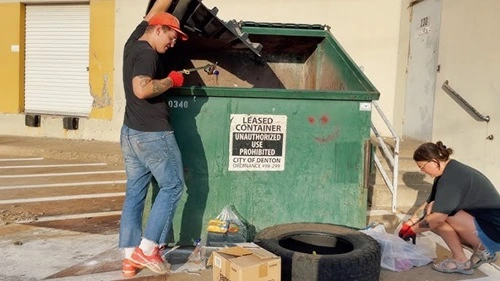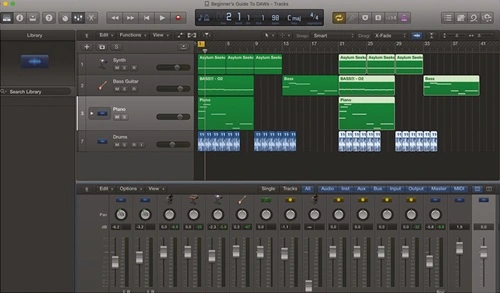No, it is not inherently illegal to send screenshots of conversations in the United States. However, the legality of sharing screenshots depends on the content, context, and intended use. While sharing private messages is not typically a crime, it can lead to legal repercussions if it violates privacy laws, defames someone, or breaches confidentiality agreements.
The Legal Framework for Sharing Screenshots of Conversations
1. Privacy Laws
- Privacy laws protect individuals from having their private information disclosed without consent.
- Sharing screenshots of private conversations that contain sensitive or personal information without the other person’s consent can violate privacy rights. For instance:
- Disclosing medical information may violate the Health Insurance Portability and Accountability Act (HIPAA).
- Revealing financial or personal details could lead to claims of invasion of privacy.
2. Defamation Concerns
- If screenshots are shared in a way that damages someone’s reputation by presenting false or misleading information, the person responsible could be sued for defamation.
- Altering screenshots to misrepresent someone’s words or intentions is particularly risky and may increase liability.
3. Breach of Confidentiality
- Conversations involving confidential information, such as workplace communications or contractual agreements, may be protected by legal contracts or laws. Sharing such screenshots could result in legal claims for breaching confidentiality.
4. Harassment and Cyberbullying
- Using screenshots of conversations to harass, embarrass, or bully someone can lead to legal consequences under anti-harassment or cyberbullying laws.
5. Revenge Porn Laws
- Sharing explicit or intimate messages without consent may fall under revenge porn laws, which are in effect in most U.S. states.
When Sharing Screenshots Is Legal
1. Consent from All Parties
- Sharing screenshots with the explicit consent of all parties involved in the conversation is typically legal and avoids any potential disputes.
2. Matters of Public Interest
- If the conversation is part of a public issue or involves exposing wrongdoing (e.g., whistleblowing), sharing screenshots may be protected under certain whistleblower or freedom of speech laws.
3. Non-Private Conversations
- Sharing screenshots of public conversations or messages sent in group chats may not raise legal issues, as privacy expectations are lower in these contexts.
Potential Legal Consequences of Sharing Screenshots
1. Civil Liability
Individuals whose privacy or reputation is harmed by shared screenshots may file civil lawsuits seeking damages.
2. Criminal Charges
In extreme cases, such as those involving harassment, defamation, or revenge porn, sharing screenshots could result in criminal charges.
3. Workplace Discipline
Employees who share confidential work-related messages could face termination or legal action under nondisclosure agreements (NDAs).
Best Practices for Sharing Screenshots
1. Obtain Consent
Always seek the consent of all involved parties before sharing screenshots of private conversations.
2. Blur or Redact Sensitive Information
If sharing is necessary, redact or blur any sensitive personal details to protect privacy.
3. Avoid Sharing for Malicious Purposes
Do not use screenshots to defame, harass, or bully others, as these actions can lead to serious legal consequences.
4. Understand the Context
Evaluate whether the content is private, sensitive, or subject to confidentiality agreements before sharing.
Related FAQs
Q1. Can I get in trouble for sharing a screenshot of a private conversation?
Ans: Yes, if sharing the screenshot violates privacy laws, defames someone, or breaches a confidentiality agreement, you could face legal consequences.
Q2. Is it legal to send screenshots of workplace messages?
Ans: It depends. Sharing confidential work-related messages may violate company policies or NDAs, leading to disciplinary action or lawsuits.
Q3. Can I share screenshots of public conversations?
Ans: Sharing screenshots of public or group conversations is generally legal, as the expectation of privacy is lower. However, context matters, especially if the sharing is meant to harm someone.
Q4. Can screenshots of conversations be used as evidence in court?
Ans: Yes, screenshots are often admissible as evidence in court, provided they are authentic and relevant to the case. Altered or manipulated screenshots may not be accepted.
Q5. Is it illegal to alter screenshots before sharing them?
Ans: Altering screenshots to misrepresent someone or harm their reputation can lead to defamation claims or other legal issues.
Conclusion
While it is not outright illegal to send screenshots of conversations, sharing them without consent or in a way that violates privacy, defames someone, or breaches confidentiality can lead to legal consequences. To avoid potential legal and ethical issues, always consider the content and context before sharing screenshots, and seek permission whenever possible.


